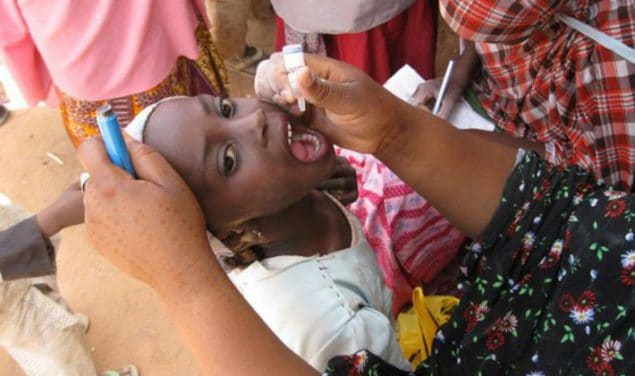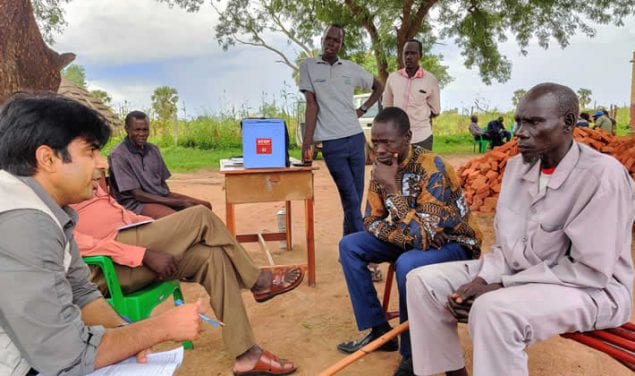Why STOP Program Matters
Updated May 26, 2022
The STOP Program deploys public health consultants where they are needed most – to countries and geographies where the burden of vaccine-preventable diseases (VPD) on children, families, and economies is often the highest in the world. STOP consultants help build public health capacity to prevent, detect, and respond to VPDs like polio, measles, rubella, and yellow fever, as well as emerging threats like Ebola and COVID-19.

STOP Supports Countries and Geographies With the Most Unvaccinated Children and Communities at Risk for Vaccine-Preventable Disease Outbreaks
The STOP Program has an average of 260 consultants deployed in 40 countries around the world each year. These countries have:
- Endemic or local transmission of VPDs that puts children and communities at risk
- Large numbers of under- and unvaccinated children
- A shortage of skilled public health staff available to fully support immunization and surveillance activities
STOP Program consultants are also deployed to mitigate the risk of large or disruptive VPD outbreaks. For example, at the end of 2020, the STOP Program deployed 12 STOP consultants to the Philippines to assist with a large immunization campaign to vaccinate over 9 million at-risk children against measles and rubella, and nearly 7 million children against polio. STOP consultants supported the campaign implementation, monitoring and evaluation, and routine immunization system strengthening.
We are closer than ever to eradicating polio together, and I hope that we can apply the lessons learned from that journey to achieve future comprehensive public health objectives with a focus on the most marginalized and disadvantaged.
STOP Helps Advance Progress Toward Polio Eradication
Success in eradicating polio will mean that no child will have to experience the devastating effects of the disease again. The STOP Program advances progress toward polio eradication and supports efforts to maintain polio eradication in the countries where STOP consultants work.
From 2019 – 2020, STOP consultants contributed nearly 54,000 hours toward polio eradication efforts in Nigeria, the last wild polio endemic country in the African Region. In 2019, Nigeria passed three consecutive years without a case of wild polio, and in August 2020, the entire African Region was certified as wild poliovirus free.
STOP Consultants Are Critical to Improving Country Capacity to Prevent, Detect, and Respond to Vaccine-Preventable Diseases
STOP Program investments build country capacity to improve the health and well-being of communities through essential immunization programs and targeted vaccination campaigns. In just a five-month period, from August to December 2021, STOP Program participants led the following capacity building activities:
- Trained a total of 161,035 healthcare staff through supportive supervision (on-the-job training, sensitization, mentorship, and formal group training)
- Supported a total of 17,288 health facilities through both in-person and remote supervision of healthcare staff
- Spent a total of 170,610 hours in their role as a STOP consultant, averaging 45 hours per week and sometimes spending up to 120 hours a week in working on VPDs and other health programs
STOP Consultants Provide In-Country Support During Outbreaks and Emerging Threats

STOP consultants provide in-country assistance and support to mitigate the impact of VPD outbreaks and emerging threats like COVID-19.
In April 2020, 107 STOP consultants in 32 countries reported working on COVID-19 activities that included surveillance, communication plans, advocacy, social mobilization, data collection and analysis, and on-the-job and formal group trainings.
From August to December 2021, STOP consultants trained over 160,000 healthcare staff (on-the-job training) and supported over 17,000 healthcare facilities, both in-person and remotely. These activities supported outbreaks, emerging treats, and COVID-19.